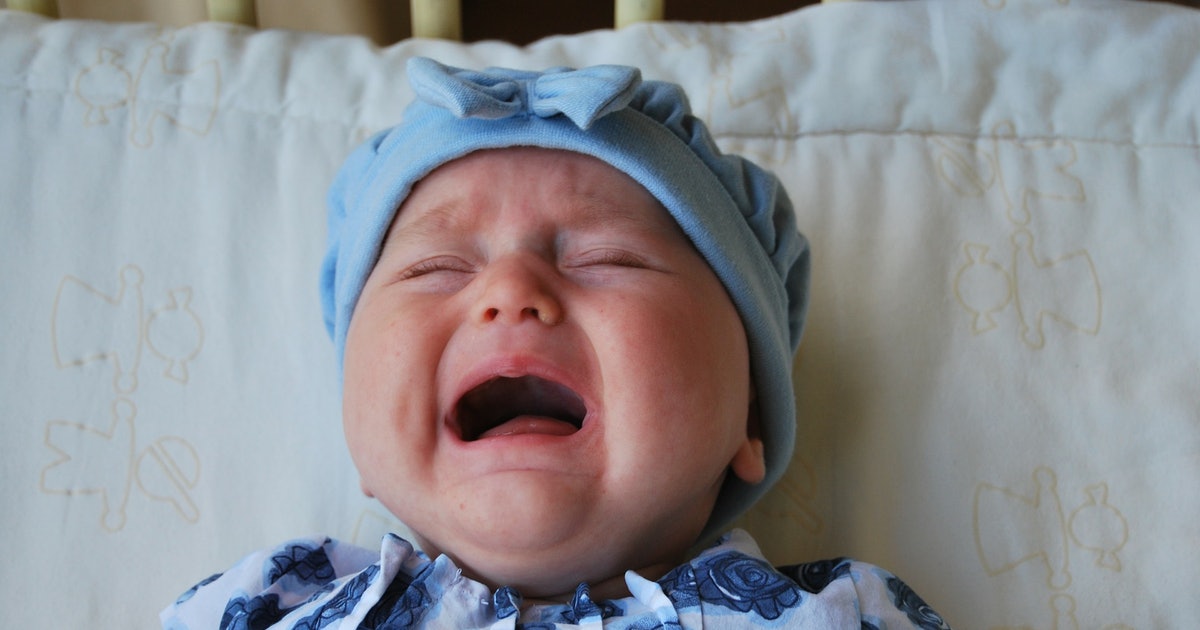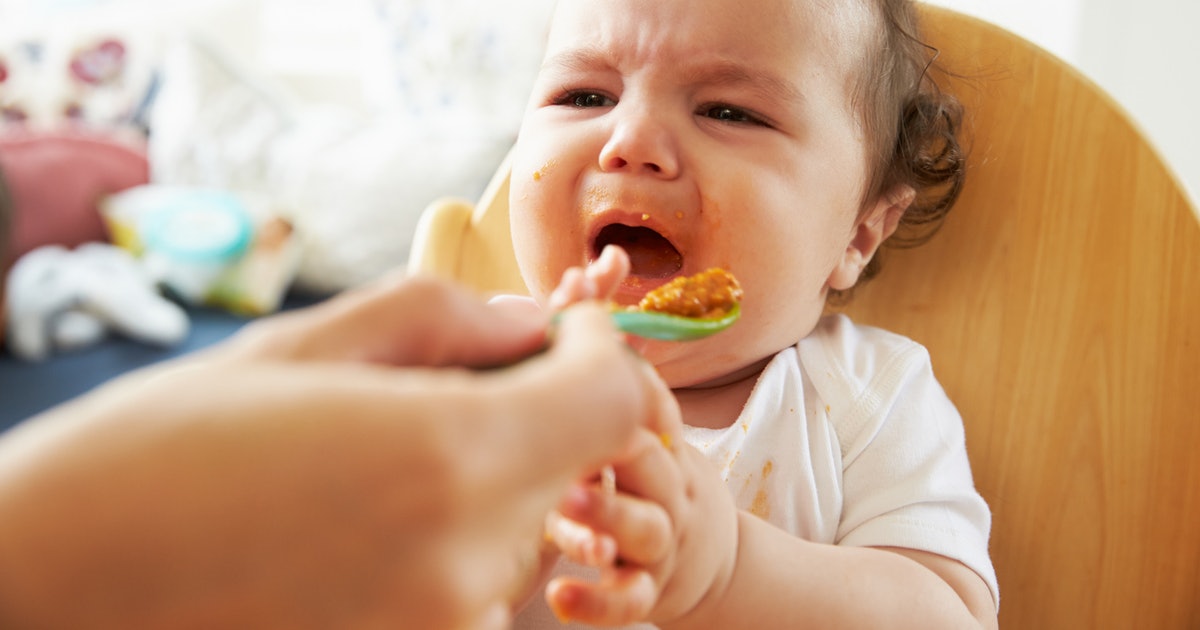The Surprising Symptoms Of Colic
Whether you have just brought your bundle of joy home from the hospital or you have gotten in the swing of things when it comes to parenting, there are still some challenges you'll face when it comes to your baby's health. According to research, one in five infants will experience colic during the first few months of their life. It is believed the crying is the response to pain or discomfort in the abdomen. If your baby is still fussy after being fed, changed or cuddled, this could be an indication of colic. Here are some symptoms to look out for.
Crying For No Discernable Reason

Colic is frustrating for parents because it seems like the baby is crying for no discernable reason. If your infant has had a warm bath, been fed, and burped and had their diaper changed but is still unsatisfied, colic could be the reason. According to experts, colic could start when a baby is around six weeks old but normally ends by the time the infant is three to four months old. It's important to pay attention to the time of day the baby starts crying. For instance, if your infant gets very fussy after meal time, they could have a food intolerance or underdeveloped digestive system. But if there is still seemingly no cause, colic is a probable culprit.
Get to know the next symptom of colic now.
Extreme Fussiness

It's common for a baby with colic to be very fussy for extended periods. If you have tried consoling your baby to no avail, their extreme fussiness could be due to colic. Some babies are also extremely fussy even after they have stopped crying. If you find your baby wants to be held constantly but still can't be consoled, colic could be the reason. Fussiness could entail being irritated or whiny, or not wanting to consume favorite food or beverages. You may find your little one may be more comfortable after you remove blankets or clothing and massage their stomach, since colic is often a sign of indigestion.
Continue reading to learn more about the various symptoms of colic.
Intense Crying

If you find your infant is engaged in intense crying pretty often and can't be comforted, it is likely a sign of colic. The baby's face will likely become flushed and red if they are experiencing colic. You may also notice the crying starts at the same time of day; colicky babies are often especially fussy during the afternoon and evening hours, and the crying may also occur after meal time. Doctors often diagnose children with colic after ruling out other conditions, so be sure to have your little one examined by their physician if the crying persists for more than a few days.
Reveal the next warning sign of colic now.
Tension In The Body

Babies with colic will tense up their bodies when crying. They make their bodies very stiff when crying as a way to show irritability or discomfort. Their legs and abdomen will often feel tense during colic episodes. Tension in the body can also be felt in the fists and arms, and some infants will arch their backs when crying. The tension in the body could be a sign the infant is experiencing gas or indigestion. Babies may feel relief after having a bowel movement or passing gas. This is largely due to the fact babies swallow a considerable amount of air while crying, which can make gas worse.
It's time to get familiar with the next symptom of colic.
Predictable Crying

Parents can sometimes confirm that their babies have colic because of crying they can predict. If a baby mainly cries or is very fussy in the evening but is fine for the rest of the day, it may be a sign of colic. This could be due to a lack of healthy bacteria in the baby's digestive tract, which can cause stomach discomfort and reflux. Since babies can not verbally express their discomfort with words, their cries are an indication something is wrong. If your baby is in a pleasant mood before eating and displays symptoms of colic minutes after feeding, colic could be the cause.